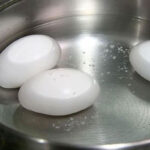Caviar is a luxurious delicacy that has sparked curiosity about its potential benefits and drawbacks, especially regarding skin health. In this article, we delve into the nutritional profile of caviar and address the question: Does eating caviar cause acne breakouts?
1 Nutritional Value of Caviar
 Nutritional Value of Caviar
Nutritional Value of Caviar
Before exploring the link between caviar consumption and acne, let’s understand the nutritional composition of this exquisite delicacy. According to the United States Department of Agriculture, 100 grams of caviar contains the following nutrients:
-
Protein: 24.6g
-
Fat: 17.9g
-
Water: 47.5g
-
Carbohydrates: 4g
-
Fiber: 0.011g
-
Ash: 0.275g
-
Sugars: 0.356g
-
Vitamins: 0.181g
-
Minerals: 0.3g
-
Cholesterol: 1.5g
2 Does Eating Caviar Cause Acne?
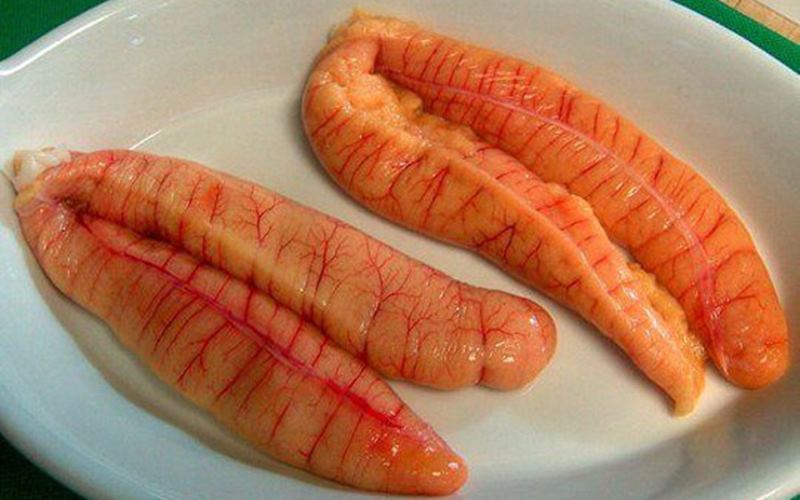 Does Eating Caviar Cause Acne?
Does Eating Caviar Cause Acne?
According to nutritional experts, consuming caviar will not lead to acne breakouts. To date, there is no scientific research or evidence suggesting that the components of caviar cause skin irritation or acne formation.
On the contrary, experts and scientists have discovered several essential nutrients in caviar that are beneficial for the skin, such as and . These substances are known to reduce swelling, inflammation, and effectively prevent acne.
3 Benefits of Caviar for the Skin
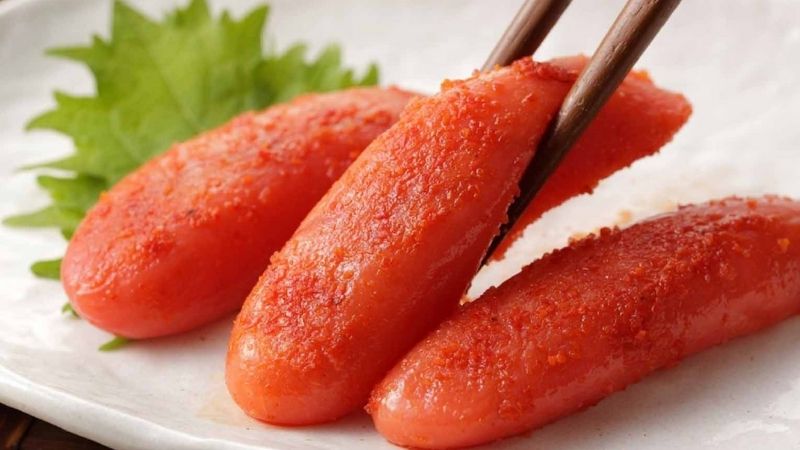 Benefits of Caviar for the Skin
Benefits of Caviar for the Skin
Caviar not only plays a role in improving acne-prone skin but also offers a plethora of other benefits:
-
Antioxidant Properties: Caviar is rich in antioxidants and anti-aging components. These substances provide numerous health benefits and contribute to youthful, radiant skin.
-
Nurtures Radiant, Bright Skin: Caviar is an excellent source of essential minerals such as amino acids, , protein, lipids, and sodium. These nutrients enhance skin elasticity, promote skin lightening, and result in softer, brighter skin.
-
Moisturizes the Skin: Research indicates that consuming caviar helps increase skin hydration, enhances skin softness, and provides a deep cleansing effect.
4 Safe Ways to Consume Caviar
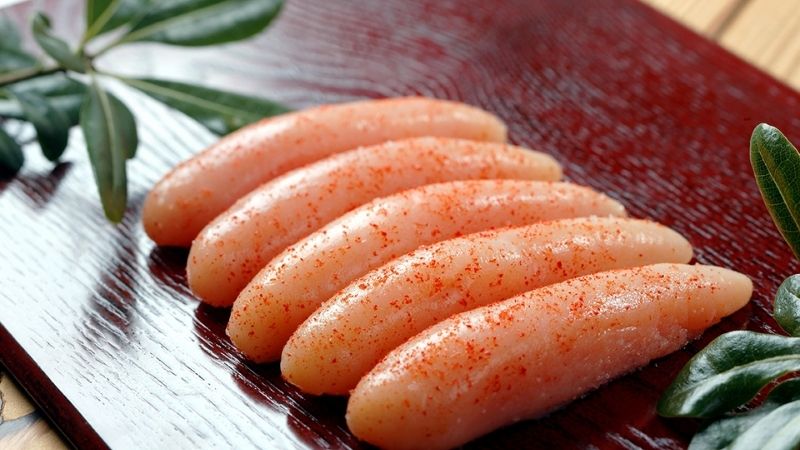 Safe Ways to Consume Caviar
Safe Ways to Consume Caviar
Although there is no concrete evidence to date that links caviar consumption to acne, adopting the following safe caviar consumption practices can help prevent any potential adverse effects:
-
Moderate Caviar Intake: Adjust the amount of caviar in your diet to a suitable level. Instead of eating caviar daily, limit your consumption to 1-2 times per week to ensure a balanced nutrient intake and avoid any unwanted side effects.
-
Choose High-Quality Caviar: When purchasing caviar, opt for reputable products with clear origins and sources. Avoid canned or processed products, as they may contain preservatives that are harmful to your health.
-
Combine with Complementary Foods: In addition to eating caviar, include other nutrient-rich foods in your diet to maintain a balanced nutrient intake.
-
Skincare Routine: Maintaining a daily skincare routine, regardless of caviar consumption, is crucial. Cleansing your skin removes dirt and impurities, keeping pores clear and preventing acne formation.
5 How Much Caviar Is Enough?
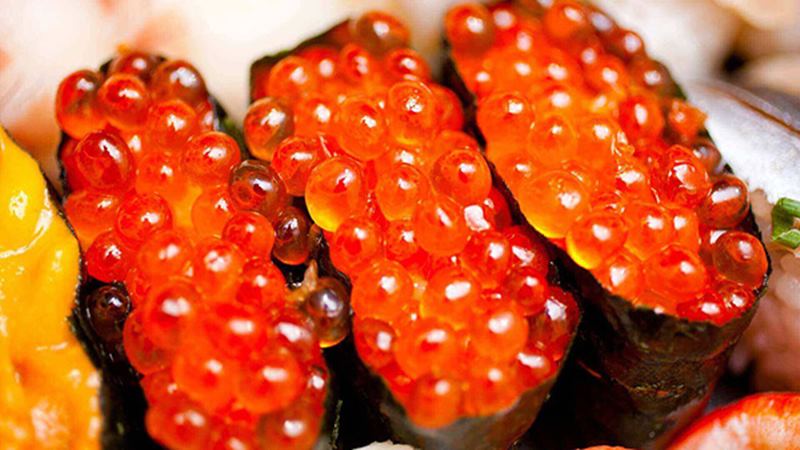 How Much Caviar Is Enough?
How Much Caviar Is Enough?
Like any other food, caviar should be consumed in moderation to ensure optimal nutrient absorption. Additionally, caviar contains high levels of nutrients and , which can cause bloating and indigestion if consumed in excess.
-
For young individuals, a weekly intake of 100-200 grams of caviar is suggested.
-
For those past middle age, it is advisable to limit caviar consumption to no more than 100 grams per week.
In conclusion, we hope this article has provided valuable insights into the relationship between caviar consumption and acne concerns. Remember to make informed choices when incorporating caviar into your diet and always maintain a healthy skincare routine!
6 Vitamin A-Rich Foods That Safely Fade Age Spots, Erase Wrinkles, and Rejuvenate Skin.
Vitamin A is a powerful tool in the fight against acne and skin aging. It helps to combat breakouts and promotes a youthful, radiant complexion. With its ability to regulate skin cell turnover, Vitamin A helps to keep pores clear and promotes a healthy, glowing complexion. It also stimulates collagen production, helping to reduce the appearance of fine lines and wrinkles, resulting in a more youthful and vibrant canvas.
The Ultimate Beauty Elixir for Skin, Hair and Body: A Woman’s Best-Kept Secret.
“The Secret Ingredient for Perfectly Boiled Eggs: Keep Them Crack-Free, Nutritious, and Beautiful”
When boiling eggs, it’s common to encounter cracks in the shell, which can cause water to seep in and result in an unpleasant odor and appearance. To avoid this issue, simply add a pinch of salt to the boiling water or rub a lemon around the egg shell before boiling. This will ensure that your eggs turn out perfectly cooked, without any unsightly cracks, and tasting delicious too!




























